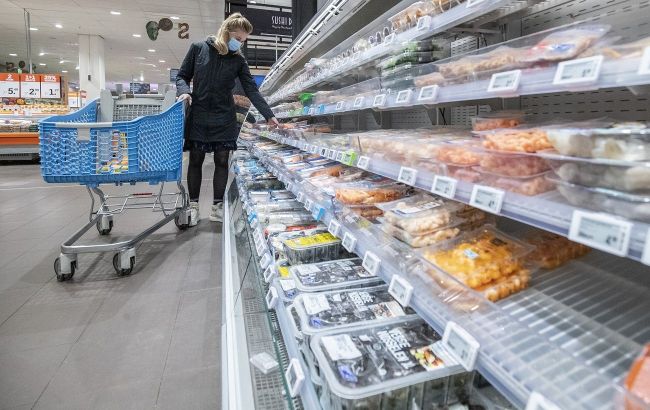Two pieces of this food per day increase diabetes risk by 15%
 Illustrative photo (Getty Images)
Illustrative photo (Getty Images)
A new study has revealed a surprising link between certain foods and the development of diabetes. Type 2 diabetes is associated with lifestyle, diet, and physical activity, according to research from the University of Cambridge.
Study findings
A new study from the University of Cambridge has identified a striking connection with protein, specifically processed meat and unprocessed red meat.
In an extraordinarily large-scale study, the research team analyzed data on nearly two million people in 20 countries as part of the European Union-funded InterConnect project, aimed at gaining deeper insights into diabetes and obesity within the population.
By examining their diets and diagnoses, researchers found that consuming 100 grams of unprocessed red meat daily, equivalent to a small steak, was enough to increase the risk of diabetes by 10%.
Additionally, they discovered that just 50 grams of processed meat per day, equivalent to two slices of ham, raises the risk of developing type 2 diabetes over the next decade by 15%.
The findings were published in The Lancet Diabetes & Endocrinology, recommending that people reduce their meat consumption.
"Our research provides the most comprehensive evidence to date of an association between eating processed meat and unprocessed red meat and a higher future risk of type 2 diabetes," said senior author Professor Nita Forouhi from the Medical Research Council Epidemiology Unit at the University of Cambridge.
When it comes to chicken, duck, and turkey, the harmful effects of poultry have yet to be proven, making their consumption relatively safe.
Diabetes prevention
Dietitian and spokesperson for the British Dietetic Association, Dr. Duane Mellor, who was not involved in the study, said that diabetes prevention would involve a diet rich in vegetables, fruits, nuts, seeds, beans, peas, and lentils.
Moderate or limited amounts of whole grains, meat, dairy products, fats, salt, and sugar are also necessary.
This material is for informational purposes only and should not be used for medical diagnosis or self-treatment. Our goal is to provide readers with accurate information about symptoms, causes, and methods of detecting diseases. RBС-Ukraine is not responsible for any diagnoses that readers may make based on materials from the resource. We do not recommend self-treatment and advise consulting a doctor in case of any health concerns.

